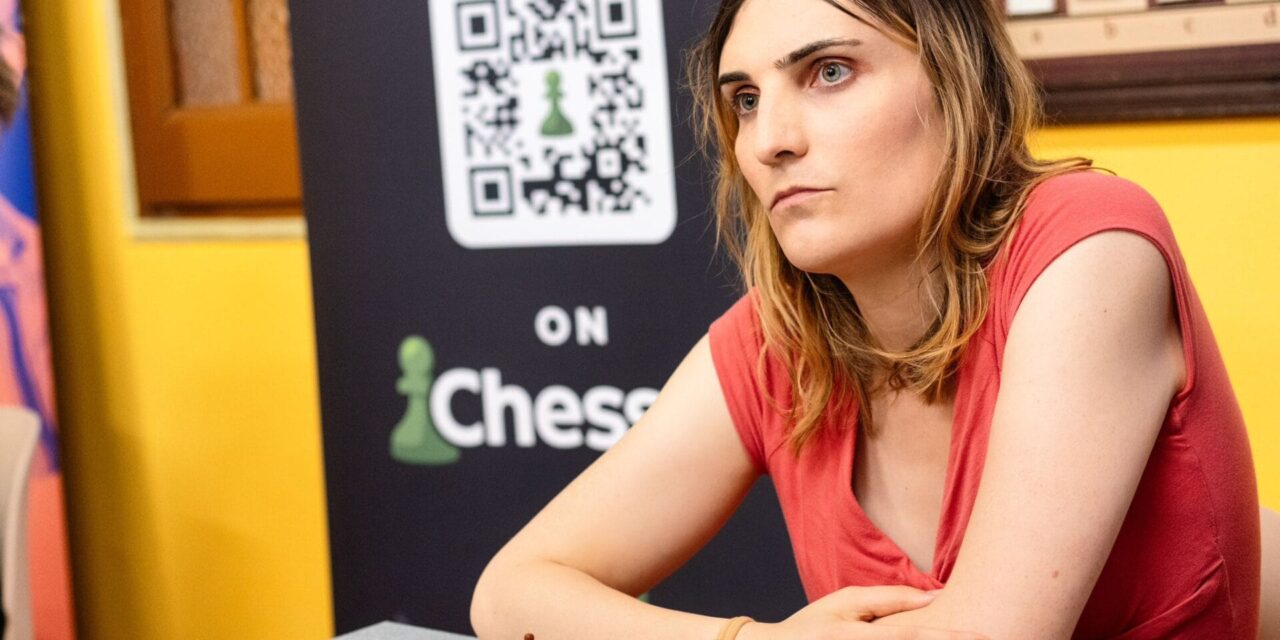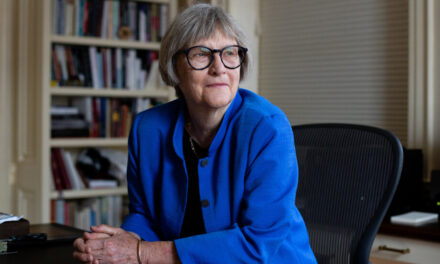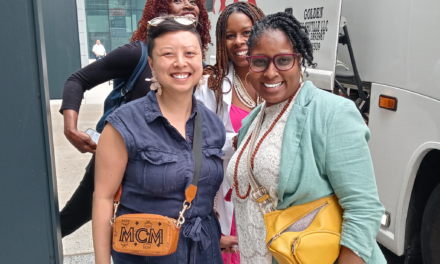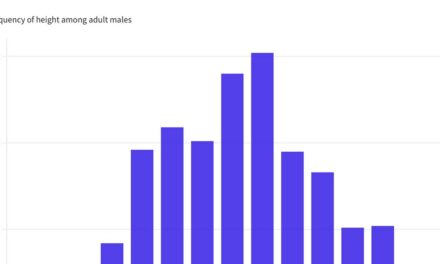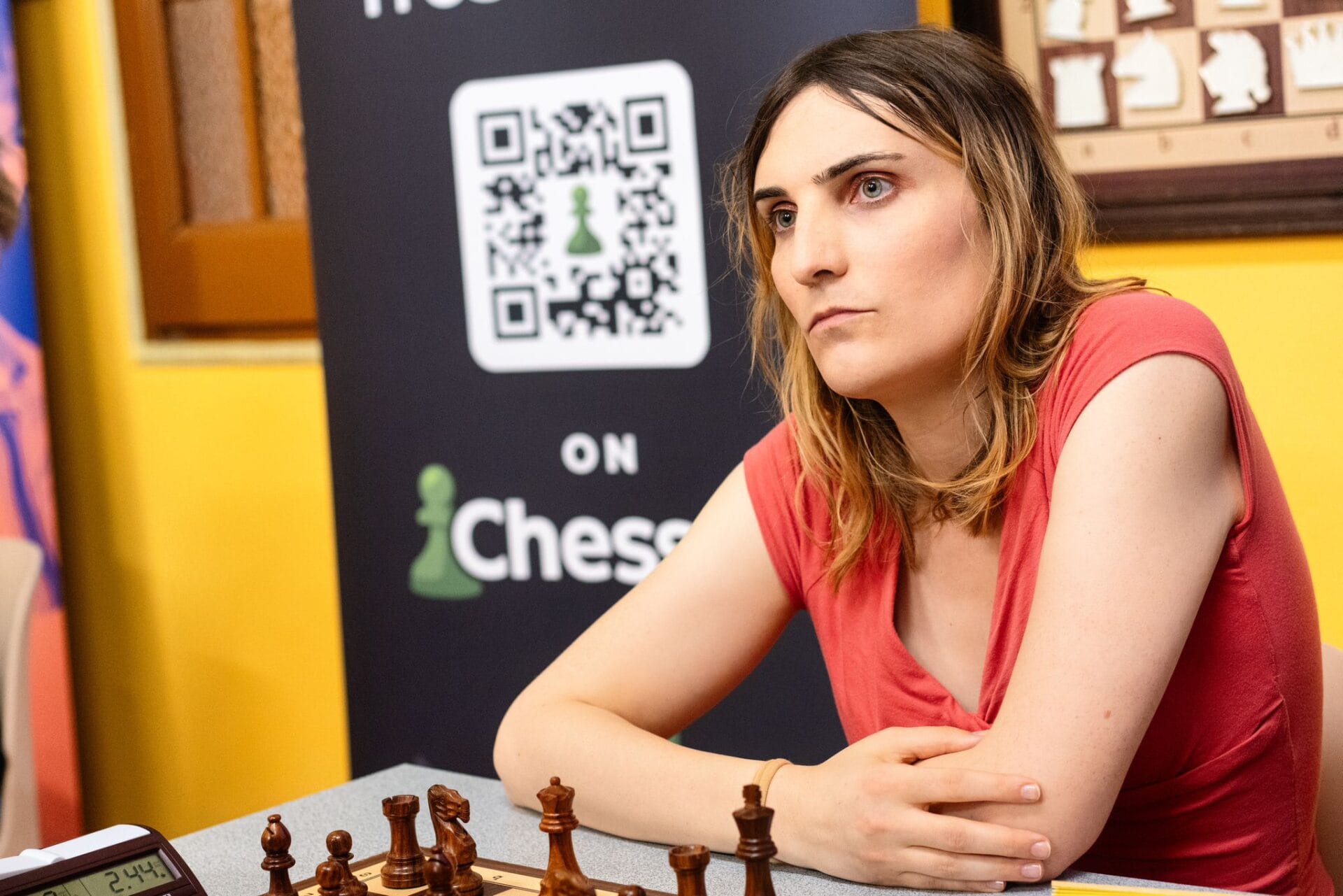
In the ancient dance of kings and queens on the notorious battlefield of black and white, the chess community finds itself in another battle. A cultural battle, between the old vanguard – typically more conservative, and the new – younger, more accepting, and way more queer. We have seen a chess boom in recent years, from Netflix’s hit show Queen’s Gambit, COVID isolation and the increased accessibility of online chess. Chess is a rapidly growing game, and in it so are growing queer communities, such as the Trans Chess Club, and the Queer’s Gambit.
In an ack of backlash to this increased LGBTQ participation and acceptance, FIDE, the international governing body of chess, passed transphobic new restrictions on trans women competing in women’s chess competitions. Women’s competitions exist to provide more opportunity and inclusive spaces to women’s players, and are encouraged by most female players. They have largely been trans inclusive, despite FIDE’s attempts to limit trans women’s participation in them.
GLAAD met with trans chess icon, French women’s championship competitor, and decorated FIDE Chess Master Yosha Iglesias to discuss her transition, allyship and FIDE’s policies.
*This interview was conducted by GLAAD Communications Intern and resident chess expert, Sam Sharf. This interview has also been edited and condensed for clarity.*
SS: What made you fall in love with chess? Briefly explain your chess journey.
YE: I have an older brother who started playing chess in a club. For one year, I saw him bringing home trophies and medals, and I was so envious that I asked to go to the chess club the year after when I was 9. I did well in my first tournaments and that motivated me to train further. When I was a teenager, chess was a kind of refuge. I loved going to tournaments, because for a week I was away from my parents and school, in a world apart where chess was the only thing that mattered.
SS: What struggles did you have finding community in the chess world, and how did you find your kin?
YE: At school and outside chess, my closest friends have always been girls. When I was 19. I met five female French players who became and still are my closest friends. Even before my transition, we shared a strong and mutual sense of sisterhood. I owe them everything. It’s not an overstatement to say I would not be alive if I hadn’t met them. They have always accepted me and helped me to overcome my numerous struggles.
In the chess world, I’ve faced homophobia and biphobia, and currently face regular transphobia, sometimes in person, most of the time online. For instance, before my transition, a club president called many parents of my students to tell them I was “a gay man” and “therefore I should not be teaching kids”.
SS: This is no surprise as LGBTQ educators often face harmful rhetoric and stigma surrounding their participation with youth. Which can make it very difficult for queer youth to get the necessary guidance, role models, and support they need. So what advice would you give to LGBTQ youth in chess?
YE: Be kind. I’m not talking about feigning kindness with ulterior motives, I’m talking about striving to become as kind as possible.
Firstly, I don’t think anyone can overcome the challenges LGBTQ players face alone, and true kindness is the best way to build strong relationships.
Secondly, as very few LGBTQ players are out, the few that are act as representation both for closeted queer and non-queer players. Whether we like it or not, we represent our community. And we have this extra pressure of trying to give the best possible image of it.
Thirdly, true kindness will always bring more good than bad in the end and we need and deserve it.
Finally, when you receive love and support, remember to express your gratitude. It creates a virtuous circle that benefits everybody.
SS: What do you think about FIDE’s anti-trans policies?
YE: A year ago, if you had asked me whether this was possible in chess, I would have reassured you that there was no way that in our intellectual sport, such policies could ever be in place. After all, men and women, cis and trans have all the same potential in chess. If we have gender categories, it’s because, for historical and sociological reasons, fewer women play and we have many more obstacles to face to reach a certain level than men. And everyone can understand that trans women face no fewer struggles than cis women. But I would have been dead wrong.
For many years FIDE has been a soft-power tool for Russia to play with and just after the Russian government adopted one of the world’s most horrifying anti-trans laws, they decided to ban trans women from FIDE competitions. Like so often, it’s a decision solely politically motivated that goes against the International Olympic Committee’s guidelines for inclusion and non-discrimination. And of course, no trans player was involved in the decision process.
This regulation could be a brake on my career, but I fight it not only for myself but for every trans player, especially young ones. No one should have to choose between their passion and transition yet this is exactly what this regulation will do to many young trans players who can’t legally change their name and gender in their country and will quit chess not to be deadnamed and misgendered.
SS: What advice do you have to allies who want to help improve the chess world?
YE: Keep an open mind and accept that you know less about trans identity than trans people. Most trans people have thought about gender for most of their lives, we talk about it all the time, read books, and watch documentaries and movies. In some ways, we all are experts. So please, don’t try to teach us how trans identity works… And remember that what matters the most is not intellectual empathy, but emotional empathy. It can be difficult, if not impossible to truly understand what it feels like for a trans person when you are cis. But you can connect to our joy, to our happiness, as well as to our fears and sadness. It’s much more important.
SS: I could only imagine how difficult it must have been coming to terms with your womanhood after being immersed in the masculine dominant chess world. What advice do you have to anyone in a similar situation?
YE: When I was 19-20 years old, I was seriously considering transitioning, but at that time that felt impossible. I was already working as a chess coach, and I had no degree. Back then, to be recognized as a woman chess player, I had to have sex reassignment surgery and legally change my gender. That would have taken years and so much money that I didn’t have. I only spoke about my dreams to my best friend, but it felt like they would never become reality. These were the darkest years of my life. I was alcoholic, depressed, and suicidal.
From time to time, I showed glimpses of my femininity. Like when I won the Nice 2011 International Open playing and going to the prize ceremony wearing a dress. But the mountain that transition represented seemed impossible to climb. At some point, I decided to try to live as a man. I talked about this as mourning my womanhood. But no one can live forever in denial.
About 3 years ago, I finally came to peace with my gender and accepted myself as a trans woman. I could not have walked this twisting path full of detours without the love and acceptance of my friends. So this is another piece of advice to young queer players: find the best friends you can. You’ll need them.
SS: Since transitioning, how do you feel the chess world has treated you? Are there any positives you would like to discuss?
YE: Despite all the hate, I keep getting pleasantly surprised by how the chess world has treated me. Most female chess players have been very supportive and accepting. And most male chess players simply don’t care. A few weeks ago, I started a GoFundMe for my facial feminization surgery. In only 3 days, my €5.000 goal was achieved! I just could not believe that I was the beneficiary of such kindness and generosity. Almost all donations came from chess players. I don’t have the words to express how grateful I am to each and every one of them. I have two chosen families. The first one is made of chess players. The second one of queer people. And my closest ones are at the intersection of both.
SS: Are all pawns trans? Or just the ones who become queens?
YE: A trans woman is someone assigned male at birth who transitions to become who she has always been: a Queen. So yeah, a pawn who promotes to a queen is definitely trans. But transition is not necessarily binary and some pawns promote to knights, bishops, and rooks, they are our enbies. Finally, most pawns happily stay pawns, they are the cis majority.

